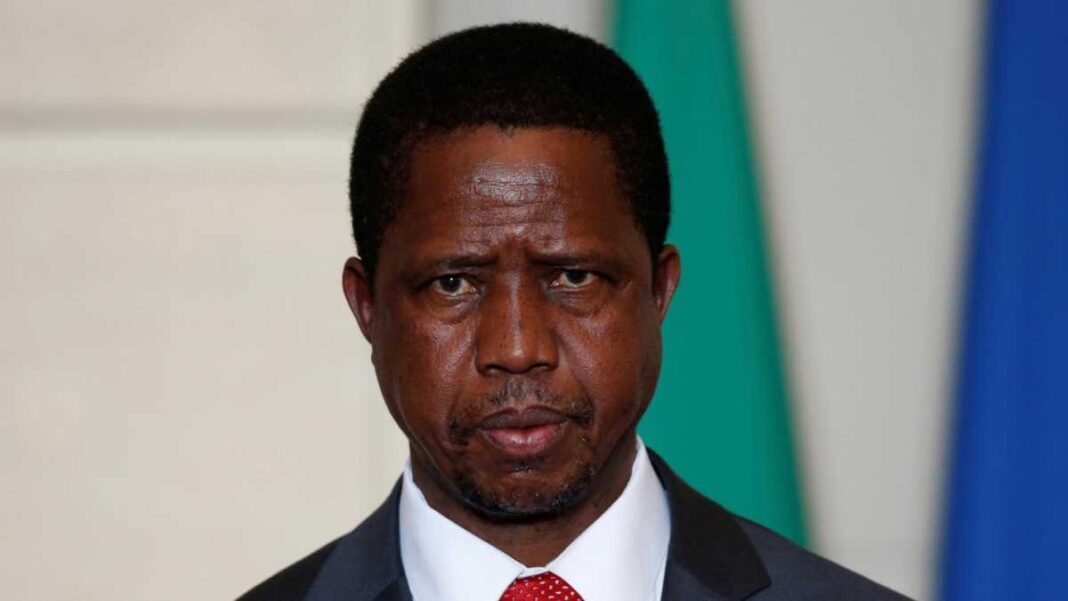Most of us have been told that if we just write a solid CV, get a good result, and apply to enough jobs, at least one will click.
However, if you’ve actually tried job hunting in Nigeria, you know that’s not always how the story goes. You could have a CV with degrees from Harvard and work experience at Google, but if nobody knows you exist, that paper might as well be toilet roll.
Think about it. How many people do you know who landed a job purely because they applied online? Now, how many got in because their uncle’s friend’s cousin worked in the company and put in a word? Exactly.
This isn’t to say your CV doesn’t matter; it does. But in the reality of Nigeria’s job market, your network often opens the door long before your CV gets a chance to speak. It’s the “who you know” over the “what you know” syndrome, and while it might frustrate you, ignoring it won’t help either.
If anything, you should understand how networking works and how to do it well.
1. Your CV is just paper
A CV tells your story on paper, but people connect with people, not documents. Imagine two candidates: one with a flawless CV but zero connections, and another with a decent CV but a strong referral from a trusted employee. Who do you think the hiring manager will trust more?
They’d rather hire someone who comes recommended than roll the dice on a stranger with a great CV but no personal connection.
YOU MIGHT LIKE: Job Hunting 10: How to set yourself apart in Nigerian employment market
2. Nigeria’s job market isn’t transparent
Unlike some countries where most jobs are advertised and recruitment processes are standardised, Nigeria’s job market still has a big “hidden” side. Many roles never make it to Jobberman or LinkedIn; they’re filled internally, or through personal referrals, long before the rest of us hear about them.
When employers are unsure about whom to hire, they often ask within their circle. “Do you know someone who can handle this?” That’s how opportunities move. And if your name never comes up in those conversations, you’ll be missing out, even if you’re the most qualified person for the role.
3. People hire people they know and like
In industries like media, tech, creative, and business development, people want to work with folks they already vibe with. Your qualifications are the starting point, but your ability to build genuine connections is what keeps you in the room.
That’s why showing up at industry events, webinars, online communities, or even volunteering can be more valuable than another line on your CV. You’re building presence.
RELATED: 3 networking tips that could take your business to the next level
4. Networking isn’t begging, it’s strategy
Let’s clear something up: networking is not about being desperate or “famzing.” It’s not sending a random “Please, I need a job” DM to someone you’ve never spoken to. Effective networking is about building relationships, not making requests.
It could mean showing genuine interest in someone’s work, asking thoughtful questions, or offering value before expecting anything. The people who do this well are the ones whose names come up when opportunities arise. So the next time you’re tempted to just blast your CV to 50 companies, maybe pause and think: Who can I talk to instead? Who already knows someone on the inside?
RECENT: 5 skills you can learn in 6 months to make big money—No degree needed
5. Your network is an asset you build over time
Networking pays off before you need it. Many people start scrambling to connect when they’re already jobless or stuck. But the best time to network is when you’re still in motion. When you’re learning, growing, and still have something to give.
Attend events. Send that “Hey, I love what you’re doing” message. Collaborate on a small project. Share your ideas online. Create visibility now, and the rewards will come later. Sometimes when you least expect it.
How to network the right way
Networking isn’t about spamming people with your CV or begging for jobs. It’s about building real, mutually beneficial relationships. Here’s how to do it right:
Give before you ask: Offer value first. Share useful info, make introductions, or help someone else. People remember those who help them.
Be genuine: Nobody likes a fake. Show real interest in people’s work, not just what they can do for you.
Stay in touch: Don’t just reach out when you need something. Check in occasionally, congratulate them on wins, and keep the connection alive.
So yes, polish your CV. Get those professional certifications. But while you’re doing that, don’t forget to invest in the people around you. Because sometimes, your next job won’t come from a website, it’ll come from a person.
And that person just might be one conversation away.
READ MORE: How to build a CV that gets you hired as a fresh graduate


